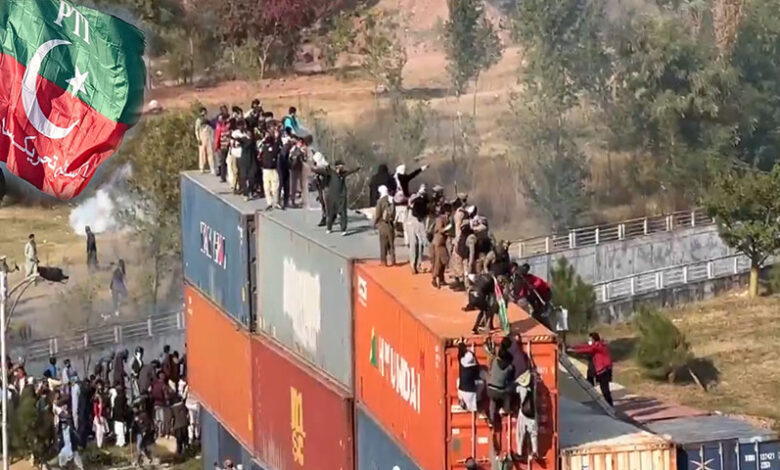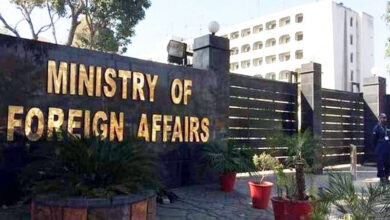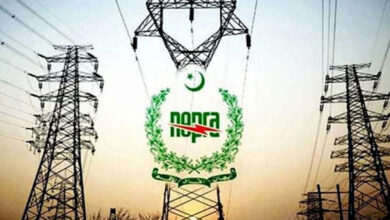Delay in Filing FIR over 26th November D-Chowk Deaths Sparks Legal and Political Controversy

ISLAMABAD:Ten days after the tragic deaths of PTI workers during a protest at D-Chowk on November 26, the leadership of Pakistan Tehreek-e-Insaf (PTI) has not yet filed a First Information Report (FIR) over the incident. PTI claims that 12 of its workers lost their lives during the protest, but despite this, no legal action has been initiated to date.
Former Prime Minister Imran Khan has directed that an FIR be filed against Prime Minister Shehbaz Sharif and Interior Minister Mohsin Naqvi in connection with the deaths. PTI has also formed a committee led by senior lawyer Latif Khosa to look into the matter, yet no formal request for an FIR has been submitted to any law enforcement forum.
**Legal Experts Weigh In:**
Senior lawyer Imran Shafiq explained that in criminal cases, delays in filing an FIR often lead to the presumption that the complaint was filed deliberately or after due consideration. In such cases, the general principle is that an FIR should be filed immediately after the occurrence of an incident. According to Shafiq, if PTI’s leadership submits a request for the FIR and the government refuses to file it, PTI can seek intervention from the court. He emphasized that many cases have seen FIRs registered only after a court’s intervention.
Shafiq added that, in the current situation, PTI would have to approach the court, as the FIR would involve the government and security forces. The government may prevent the FIR from being registered, so PTI would likely need to approach the judiciary for a resolution. However, before taking the matter to court, PTI would need to submit a formal request to the relevant police station or to higher authorities like the SP or the IG.
He further warned that the delay in submitting the request for the FIR would damage PTI’s position, as it would suggest that their claims lack credibility.
**Bureaucratic and Legal Delays:**
Barrister Saad Rasool also weighed in on the issue, explaining that filing an FIR after an incident should ideally take between 20 to 40 minutes. However, in some cases, FIRs have been filed many hours later, which has allowed suspects to be released on the grounds of delayed registration. According to Rasool, when there is a delay in filing an FIR, the law assumes that the party might be fabricating evidence or gathering witnesses, as those who are truthful usually report the matter immediately.
**Can PTI Take the Matter to the International Court?**
Rasool also addressed the question of whether PTI could bring this case to the International Criminal Court (ICC). He clarified that individual cases are generally not heard by the ICC. According to the ICC’s rules, cases involving individual actions are dealt with under national laws, and the international court hears cases that involve disputes between states or groups that claim violations under international conventions, such as the Geneva Conventions.
Rasool stated that if PTI were to approach the ICC as a political party, rather than an individual, the case might be considered. However, individual claims would not be entertained under international law.
**Political Implications:**
The delay in filing the FIR, and the ongoing legal and political maneuvering, have raised concerns among PTI supporters and legal experts alike. The controversy over the handling of the incident, as well as the government’s refusal to file the FIR, is seen as another example of the political divide in Pakistan, with PTI accusing the ruling government of protecting the perpetrators and failing to ensure justice for its workers.
With no resolution in sight, the issue is likely to remain a point of contention, both within Pakistan and internationally, as PTI seeks to hold the government accountable for the deaths during the November 26 protest.






